The Scientific Guide to Global Warming Skepticism
Posted on 8 December 2010 by John Cook
Note: Please be aware that the Scientific Guide to Skepticism was first published in December 2010 and that the information presented is therefore - at least in some places - no longer completely current. As a rewrite and update of the guide (not to mention its many translations!) is not really feasible, please check the links provided further down on this page leading to additional and more up to date information.
Scientific skepticism is healthy. In fact, science by its very nature is skeptical. Genuine skepticism means considering the full body of evidence before coming to a conclusion. However, when you take a close look at arguments expressing climate ‘skepticism’, what you often observe is cherry picking of pieces of evidence while rejecting any data that don’t fit the desired picture. This isn’t skepticism. It is ignoring facts and the science.
The Scientific Guide to Global Warming Skepticism looks at both the evidence that human activity is causing global warming and the ways that climate ‘skeptic’ arguments can mislead by presenting only small pieces of the puzzle rather than the full picture.

The Guide explains the science in brief, plain language without getting too technical. For those who wish to dig deeper into the science, more detailed treatments can be found at the following pages (often presented with varying levels of complexity from Basic to Advanced):
- Human CO2 emissions is tiny compared to natural emissions
- Global warming stopped in 1998
- It's cooling
- Climate sensitivity is low
- Climate has changed in the past
- CO2 lags temperature
- CO2 doesn't cause much warming
- The warming trend is due to microsite influences
- The temperature record is unreliable
- The hockey stick is broken
- Global warming is a good thing
- Climategate shows there's a conspiracy among climate scientists
- There's no scientific consensus
How people are using the Guide
The Guide is being used by teacher associations, museums, websites, student groups and other organisations. Read some of the examples of how the Guide is being used.
Translations
Since its initial publication, The Guide has been translated into the languages shown below, but no further translations are planned, due to the content being based on information from 2010 and earlier (see green box at the top). If you are interested in helping with other translations, please check this blog post explaining active translation activities as of February 2022.
Czech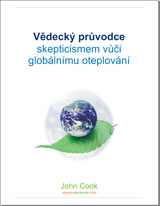 |
Chinese (Traditional) |
Croatian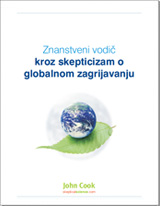 |
||
Dutch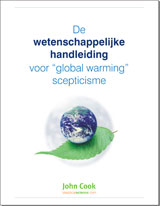 |
Finnish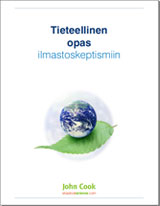 |
French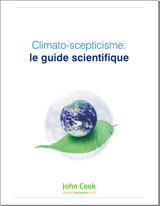 |
||
German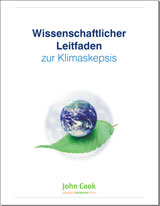 |
Icelandic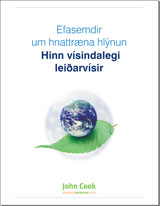 |
Indonesian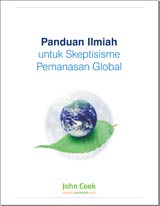 |
||
Italian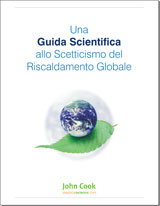 |
Luxembourgish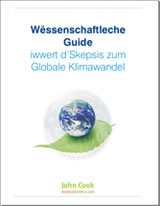 |
Norwegian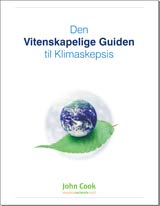 |
||
Polish |
Portuguese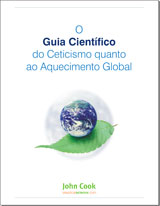 |
Slovak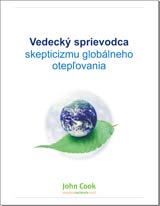 |
||
Slovenian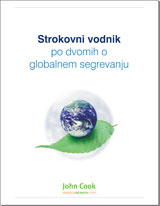 |
Spanish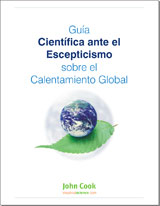 |
Swedish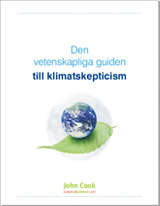 |
||































 Arguments
Arguments





















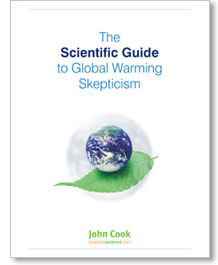
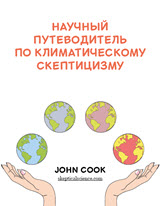









Skeptical Science is a strong brand - has there been any discussion related to using the framework and name for other areas in need of science communication (I'm thinking vaccines and GMOs for starters)?
I would be happy to assist in the translation of this guide in Greek. Please notify me, if you are interested.
NPR has published a short article and 26-Minute Listen "Fake News Is Scary. Here's How To Spot Misinformation" as part of their Life Kit series of guides.
It is a good supplement to the this Guide.